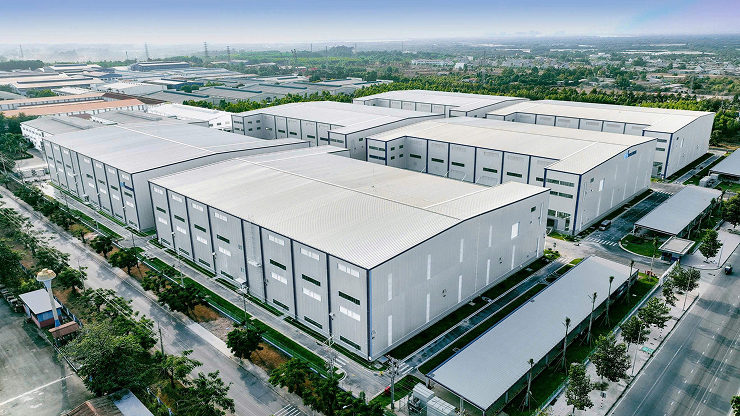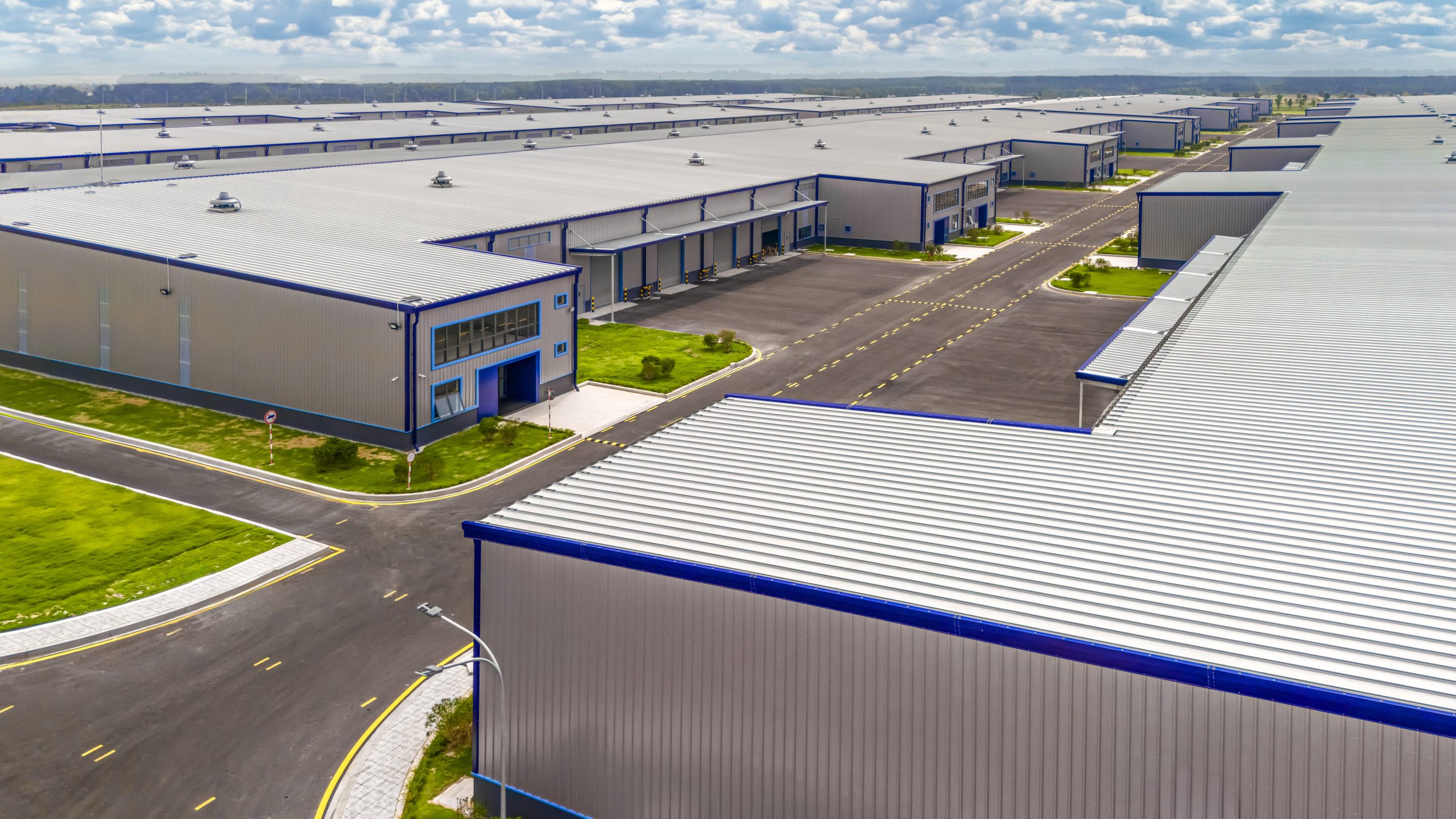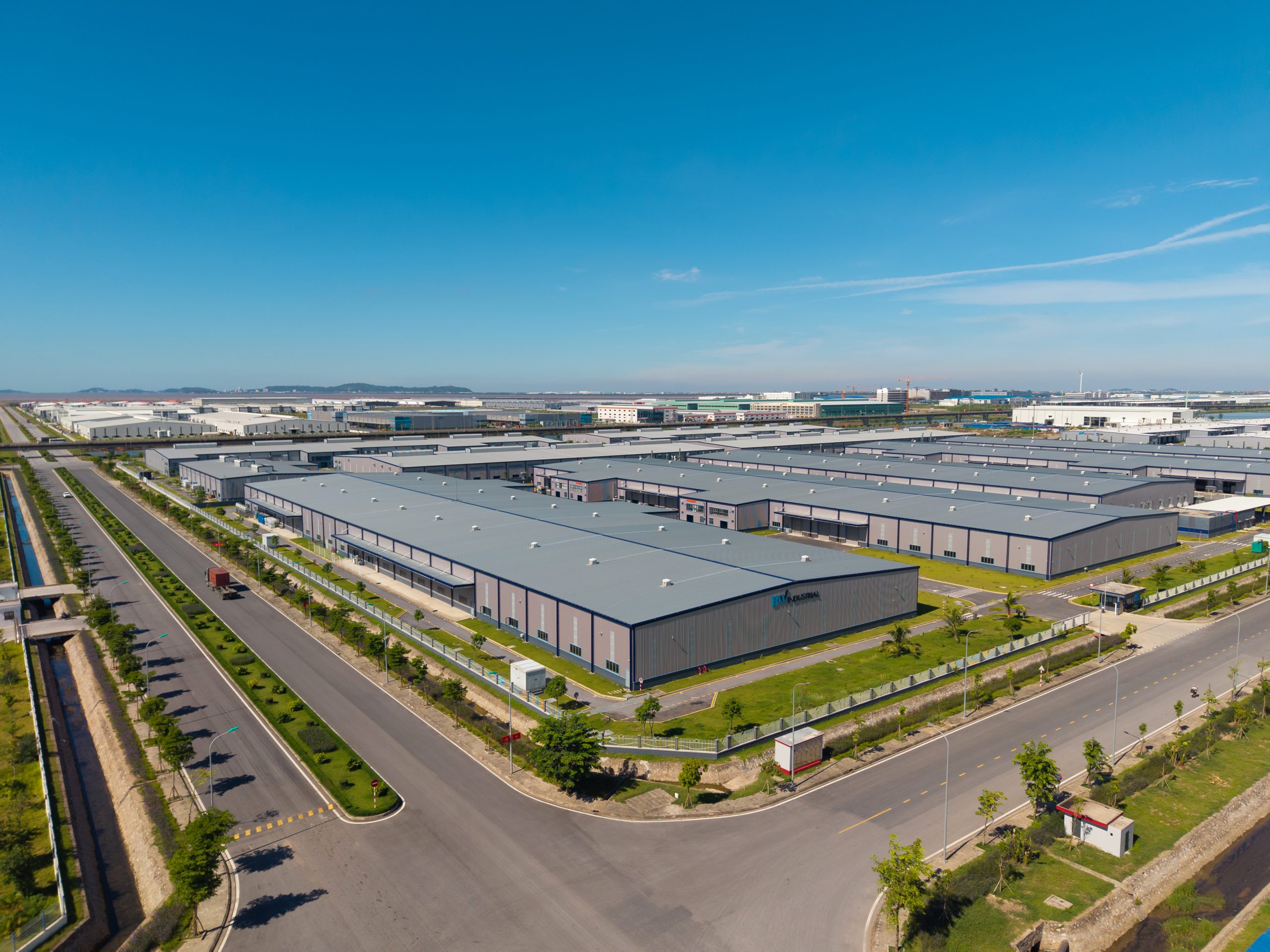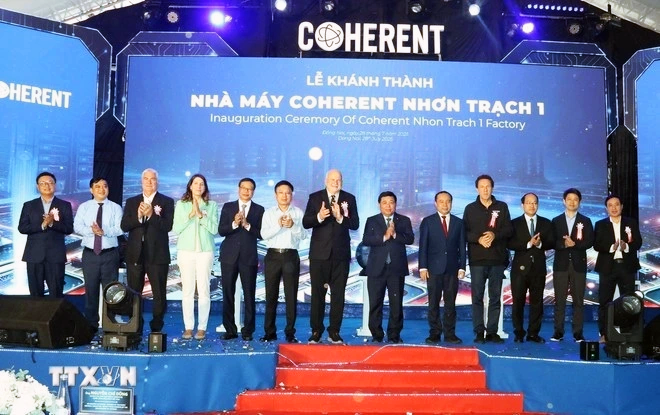News & Events
SMEs: The Key to Vietnam’s Value Chain AdvancementWarburg Pincus aims to expand its investment footprint in Vietnam
October 15, 2024
Vietnam’s economic transformation continues to gain momentum, positioning the country as a key player in the global manufacturing and export landscape. According to recent World Bank data, manufacturing contributes a substantial 24% to Vietnam’s gross domestic product (GDP), ranking it among the top 10 manufacturing-dependent economies worldwide. The General Statistics Office (GSO) has also reported impressive GDP growth of approximately 7.4% in the third quarter and 6.82% for the first nine months of 2024 compared to the same periods last year.
Foreign Direct Investment: The Catalyst for Vietnam’s Economic Transformation
A major driving force behind this transformation is foreign direct investment (FDI). In 2023, Vietnam saw a remarkable FDI surge of 32.1%, the highest growth rate since 2016, according to the GSO. The FDI sector contributed approximately 22.1% to the country’s GDP and generated employment for around 8.5 million workers, or 22.8% of the total workforce in the Vietnamese economy.

The development of industrial real estate is crucial for attracting FDI to Vietnam. Currently, the country is home to 425 established industrial parks, spanning approximately 130,000 hectares, with nearly 89,000 hectares available for rent. Operational parks are experiencing significant occupancy rates, with further developments on the horizon to expand the rentable land space.
Small and Medium-Sized Enterprises: The Backbone of Vietnam’s Supply Chain Development
Despite these advancements, Vietnam is still in the early stages of solidifying its position within the global supply chain. Small and medium-sized enterprises (SMEs), which make up about 98% of all businesses nationwide, play a vital role in supporting industries and contribute significantly to supply chain development. However, their engagement in the global value chain remains limited. According to the GSO, only about 5,000 SMEs are involved in the global supply chain—just 0.001% of the total number of businesses in Vietnam.
To address these challenges, attracting more top-tier vendors is essential for Vietnam to enhance its standing in the global electronics supply chain. Industry experts emphasize the need to create favorable conditions that not only support SMEs in related industries but also draw in ‘Queen Bees.’
Ready-built Development: Enabling Vietnam’s Ascent in the Global Supply Chain
Enhancing Vietnam’s position within the global electronics supply chain necessitates multifaceted efforts. In this ambitious pursuit, leading logistics and industrial for-rent developers like BW Industrial Development JSC (BW) are pivotal in facilitating the country’s ascent up the manufacturing value chain.
Through strategic collaboration, BW provides ready-built, modern, multi-story, institutional-grade infrastructure, enabling international manufacturers to establish operations swiftly in Vietnam.
As the Vietnamese government prioritizes projects in high-tech fields such as electronics, semiconductors, innovation, and renewable energy, BW serves as a vital link in attracting foreign capital investment to Vietnam’s growing manufacturing and industrial sectors, particularly within the electronics industry.
Approximately 85% of BW’s leased area is occupied by tenants from leading FDI economies, including Greater China, the USA, Japan, Korea, and Singapore. Nearly 70% of BW’s leased spaces are dedicated to high-value-added industries, with the electronics sector accounting for the largest portion, at 40% of tenants. This highlights the quality and caliber of manufacturers that Vietnam attracts.
Investment Opportunities: Unlocking Potential in High-Value Sectors
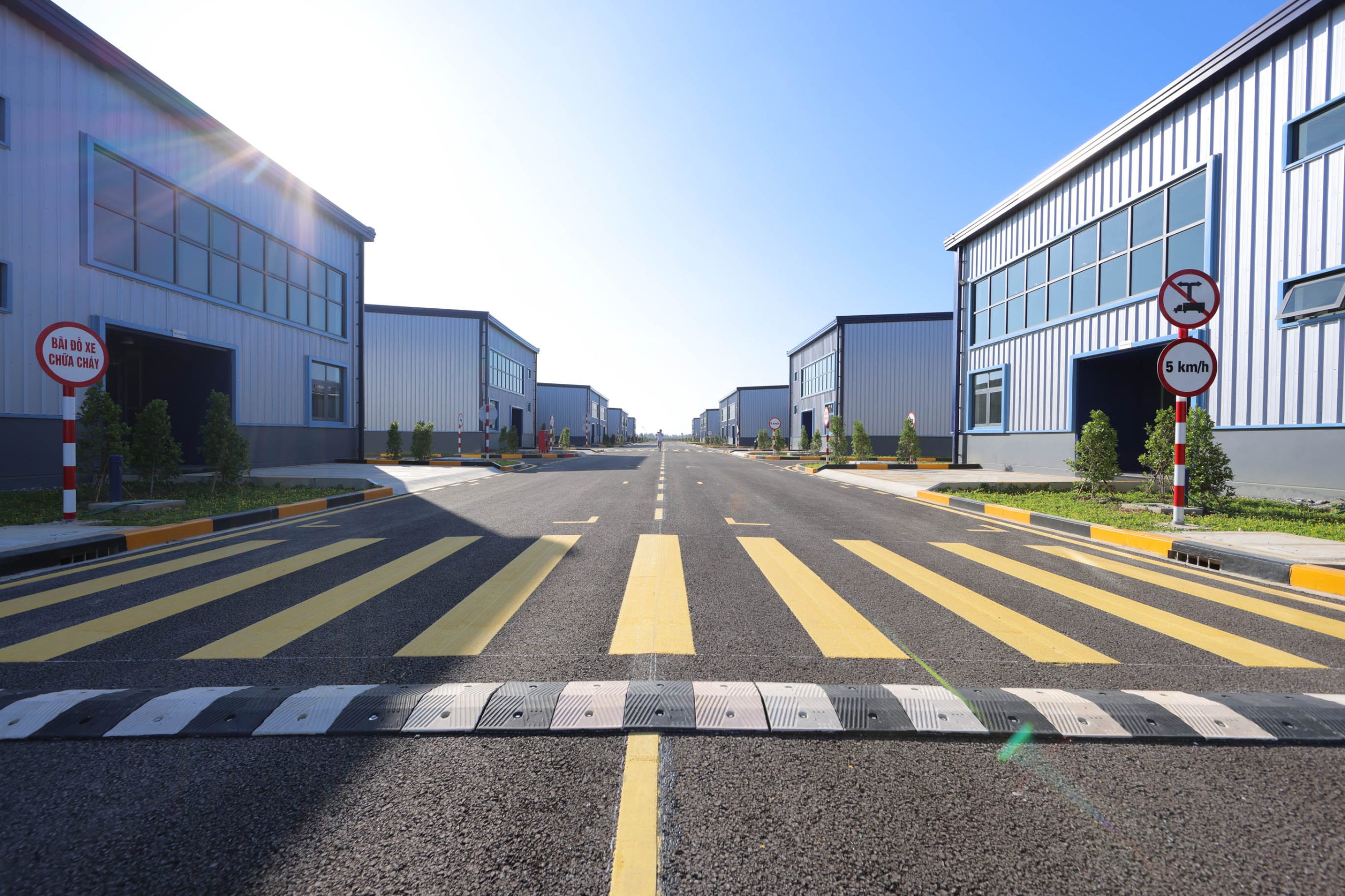
Since 2018, BW’s ready-built facilities (RBFs) have been instrumental in securing nearly $760 million in capital investment from investors, predominantly in high-value-added sectors. Notably, $356 million of this investment has originated from electronics enterprises, showcasing Vietnam’s appeal for high-tech projects.
Additionally, BW established Ho Chi Minh City’s first major e-commerce logistics hub—the BW Tan Phu Trung E-commerce and Logistic Hub—serving as Shopee’s largest and most integrated logistics facility in southern Vietnam. BW’s high-tech-driven projects in the Nhon Trach Industrial Hub focus on high-value-added sectors, with total registered capital of US$150 million from electronics tenants.
“Often, BW’s RBFs serve as initial manufacturing sites, allowing FDI investors the time to develop their investment plans, secure land, and establish their own factory as their businesses grow,” said Lance Li, CEO of BW. He noted that in the first eight months of 2024, committed factory space surged by 45% compared to the previous year, with year-to-date leasing activity on track for close to 1 million sqm of leases.
While BW acts as a key facilitator in drawing substantial investments primarily in high-value-added sectors, challenges remain, particularly concerning the review and approval of Investment Registration Certificates (IRCs) for new projects. As provinces become more selective, instances of land speculation have emerged, where individuals hoard land for profit rather than for project implementation, further complicating the approval process. Supporting professional developers, rather than speculators, could help mitigate this issue.”
About BW
BW is Vietnam’s leading logistics and industrial real estate platform with over 10 million square meters of industrial land in prime locations under control across 58 projects in 12 key provinces in Vietnam. BW has been focused on developing for-rent modern warehouses and light industrial to capture the outsized growth opportunities of manufacturing, increasing domestic consumption, and the rapid growth of e-commerce.



